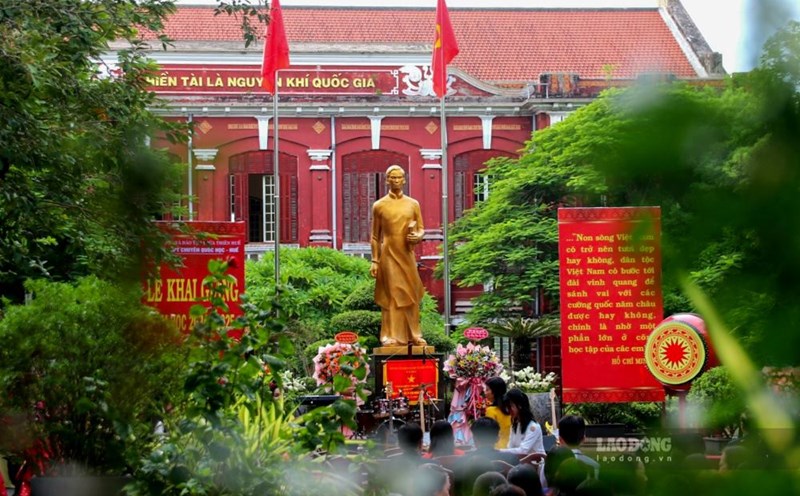In a video message to those attending the 2nd BRICS Women's Business Forum, Russian Foreign Minister Sergei Lavrov said that with the current number of members, BRICS now accounts for nearly half of the world's population and about 40% of global GDP is calculated on purchasing power parity, surpassing the combined economic power of the G7.
With these figures, Mr. Lavrov argued that BRICS continues to attract Eastern and Southern countries around the world because many countries " seek equal and mutually beneficial partnerships for the common development goal".
We consider BRICS a focus for coordinating the interests of the majority of the worlds leading countries, a main pillar of the multilateral world and an important mechanism to truly promote multilateral cooperation, said Mr. Lavrov.
The top Russian diplomat also stressed that BRICS pay special attention to innovation and economic modernization, sustainable finance, digitalization and transport connectivity.
In that context, the entrepreneurial spirit of women is an important driving force for progress, not only in BRICS countries but also globally.
According to Foreign Minister Lavrov, the creativity, determination and leadership qualities that female entrepreneurs demonstrate continue to open up many opportunities, opening up "new horizons for the development of our country's economy and social fields".
Mr. Lavrov also emphasized that the initiatives put forward at the forum will certainly be considered ahead of the BRICS summit scheduled for July 6-7 in Rio de Janeiro, Brazil and will "contributing to common efforts".
BRICS was founded in 2009, with the founding countries being Brazil, Russia, India and China. South Africa joined the group in 2011. In 2024, the BRICS group will admit Iran, Egypt, Ethiopia and the United Arab Emirates. Nigeria and Uganda became BRICS partner countries in January 2025.











